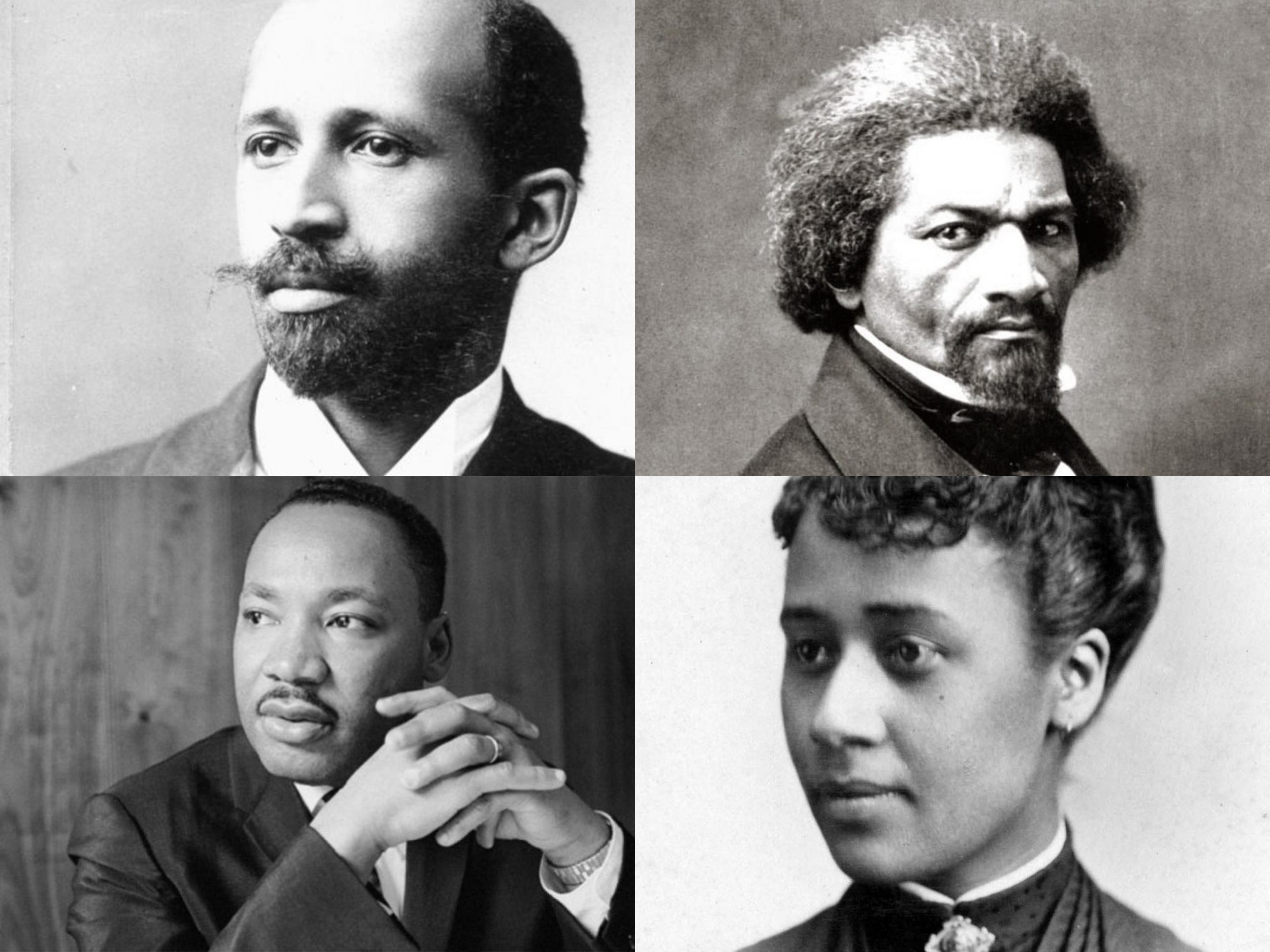
Carl Trueman’s recent article, “Evangelicals and Race Theory,” purports to be about Critical Race Theory (CRT)—I think. He offers no definitions, no citations, and doesn’t even mention a single CRT scholar. He does, however, make a series of unargued claims which might constitute a characterization for our purposes. From what I can gather, Dr. Trueman believes the following:
(1) CRT contains a set of “basic claims,” among them are “racism is systemic” and “being non-racist is impossible.” (2) the “basic claims” of CRT are “self-certifying,” they are “axioms,” and are “not conclusions drawn from argument.” (3) CRT “relies on the concept of false consciousness—the notion that the oppressors control society so completely that the oppressed believe their own interests are served by the status quo.” (4) “Critical race theory is the Marxist horse, ridden by the jockey of identity politics rather than the jockey of class warfare”; that is, CRT simply replaced the role of “class” in Marxism with “race.” (5) “Critical race theory rests on simple, therapeutic premises,” including that life is a “zero-sum game”: “Some people do not have power. They struggle and do not flourish. This happens because somebody else has seized power from them and oppresses them in an ongoing and unrelenting way.” And, last, (6) CRT claims to offer a “comprehensive explanation for all the evils we suffer.”
Presuming the article is supposed to be about CRT, I plan to take a look at each of these claims in turn over the next several days, rather than cram it all into one article. As someone said to me recently, it takes one paragraph to spread bad information and a dozen to correct it. And while I don’t think Trueman’s article merits these full responses, especially on CRT, I do think it useful to leverage its warm reception as an opportunity to answer some quite common, though quite misguided, claims. For a broader reaction to Truman’s article, I commend Valerie Hobbs‘s article, “Is Critical Race Theory a Religion? Responding to Carl Trueman.” I intend only to address his characterization of CRT in these posts, but will assuredly draw some more general conclusions in the end.


